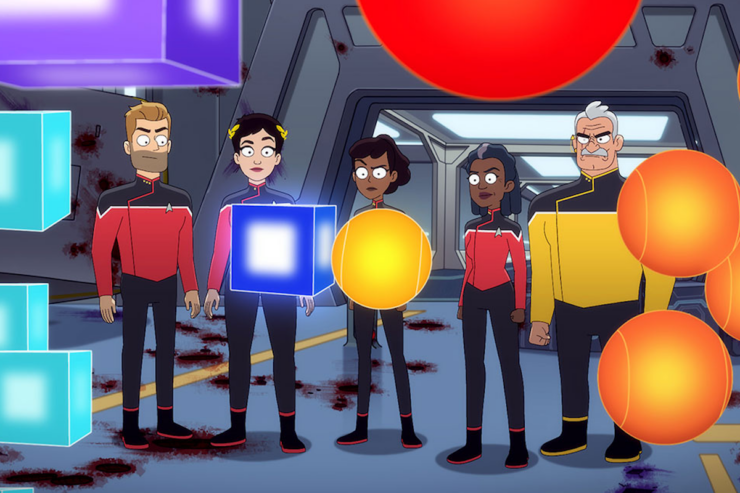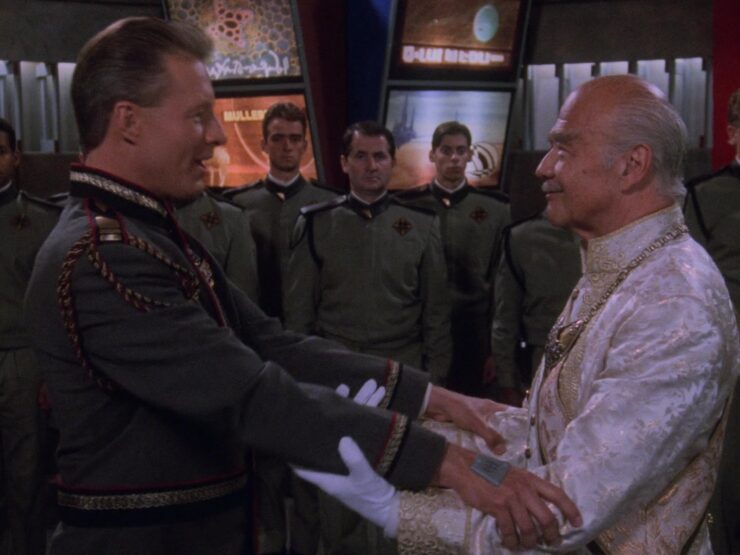In the midst of yet another wild, gritty, action-packed commute on public transit recently, my mind turned to the bathroom signs at work. Had I taken down the signs before heading home or was I just remembering a previous occasion when I had remembered? Memories are tricky things, easily misplaced or transformed into lies. This is why memories play so prominent a role in science fiction and fantasy.
“The Linguist” by Stephen Robinett (1975)
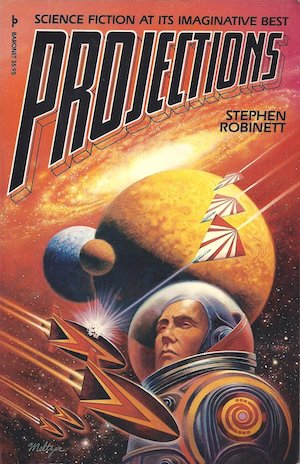
Memory transfer commodified recollection. No need to waste the time developing useful skills when economically desperate people will invest the time, then trade their hard-won abilities for a meagre sum. Everyone wins! At least, rich people do, and who cares about the poor?
Emberly’s knack for picking up languages provided him with a steady stream of skills to sell. His spendthrift wife ensured that Emberly was always financially desperate enough to sell his linguistic skills. Until now, he had no reason to resist playing his designated economic role. Now, however, he does.
It is best not to think about all the abuses to which this particular version of memory transfer lends itself. Emberly is a willing participant but one doubts that is true for every person strapped into Robinett’s little device.
“The Phantom of Kansas” by John Varley (1976)
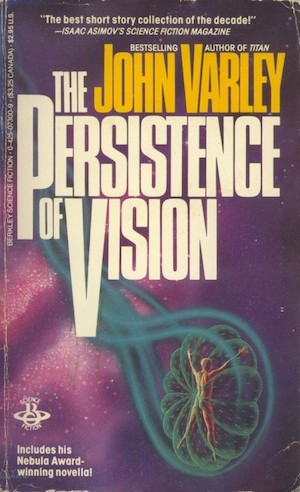
Fox is a designer; they work on ecologic design of disneys, which are vast subsurface entertainment habitats. It’s an important job! The masses are diverted! How rude and thoughtless, then, for someone to murder Fox. Even ruder to murder Fox over and over.
Clone bodies and recorded memory mean that death is but a momentary inconvenience. Nevertheless, each time Fox is murdered, Fox loses all the memories accumulated since the most recent brain recording. This is a real inconvenience. Since the police do not seem inclined to catch the killer, Fox must catch the culprit themself.
There are many SF mysteries in which one could replace the story’s McGuffin with a manila envelope without significantly altering the narrative. This is not one of them: the killer’s motive is intimately tied into the Eight World’s technological base and the legal structure surrounding it.
When Gravity Fails by George Alec Effinger (1986)
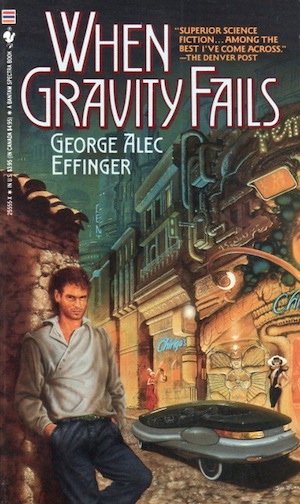
Most 22nd century people are enthusiastic brain-implant consumers, confident that nothing can go wrong; neither personality modules nor add-ons will reduce users to drooling imbecility. Marîd Audran has a deep-seated aversion to implants. Audran’s personal charm, applied cynicism, and prodigious quantities of drugs have been sufficient to establish him as an independent player or, as fellow Budayeen residents might phrase it, low-life scum.
Oligarch Friedlander Bey at first considered Audran a likely culprit for a series of brutal murders. Then, convinced that Audran is innocent, Bey decides Audran possesses the right combination of ingenuity and expendability to serve as a cat’s-paw. Strong-armed by Bey into playing detective, Audran may well end up as another murder victim. As long as the killer is caught, this is a sacrifice Bey is willing to make.
The first question any detective should ask themselves in a case is “am I a character in a noir story?” Knowing that won’t help them escape alienation or being forced to acknowledge the inherent corruption that is the foundation of all societies. In many cases, awareness will not keep them alive. It will allow them to appreciate the experience on more levels that would a naïve dupe, though, and that’s something!
The Memory Police by Yoko Ogawa (1994; Trans. by 2019)

To better assist the island’s inhabitants in conforming to the state’s needs, memories are being stripped away, one by one. Most people do little to resist the process. Not only is it hard to miss something you cannot remember having had—among the first memories erased was any knowledge of seafaring.
A very few, like editor R., are resistant to memory erasure. These criminals are permanently removed from society by the Memory Police. Preferring not to discover in person what fate awaits detainees, R. prevails on an unnamed novelist to conceal him. R. is safe…for as long as it takes the Memory Police to track him down.
While it is true the end state towards which the Memory Police is pushing the island seems hellish, the project does have tangible benefits. By giving the police control over perception of reality, the on-going campaign to spread amnesia provides the police with considerable power. Clearly this is for the greater good, as the police have been able to define “greater good.”
Readers interested in a less horrifying but equally memorable story driven by memory should seek out the same author’s The Housekeeper and the Professor.
Echoes of Another by Chandra K. Clarke (2020)
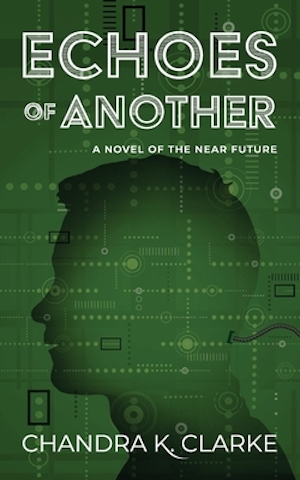
Using off-the-shelf technology, Kel Rafferty invented a method for recording the memories from one brain and then imprinting them on another. Kel considered only her own research goals; she never stopped to consider what other people might do with her technology.
Ray, a player in the Toronto underworld, comes up with an ingenious use for her breakthrough. Determined to find the person who murdered his friend, he finds underworld employment as a torturer for hire, inflicting memories of torture on victims who cannot be physically harmed, while hoping the identity of the killer will fall into his lap.
As plans to solve a murder go, Ray’s plan is unimpressive. He’s relying on sheer luck to pull useful info from random victims; he’s committing horrible crimes in the process. It would have been more ethical to stick to the traditional crime-solving methods. While one cannot count on the presence of a bored, crime-solving spinster, it would have been easy for Ray to loudly ask inconvenient questions until the killer tried to silence Ray, at which point Ray would know who the guilty party was.
***
Memory loss is a great hook on which to hang a plot. I imagine that my readers can name dozens of works that I did not mention above. Well, works that you can remember. Some confabulists may ever remember books that never existed! Comments are below. Please do not disappoint me.
In the words of fanfiction author Musty181, four-time Hugo finalist, prolific book reviewer, and perennial Darwin Award nominee James Davis Nicoll “looks like a default mii with glasses.” His work has appeared in Interzone, Publishers Weekly and Romantic Times as well as on his own websites, James Nicoll Reviews (where he is assisted by editor Karen Lofstrom and web person Adrienne L. Travis) and the 2021, 2022, and 2023 Aurora Award finalist Young People Read Old SFF (where he is assisted by web person Adrienne L. Travis). His Patreon can be found here.











